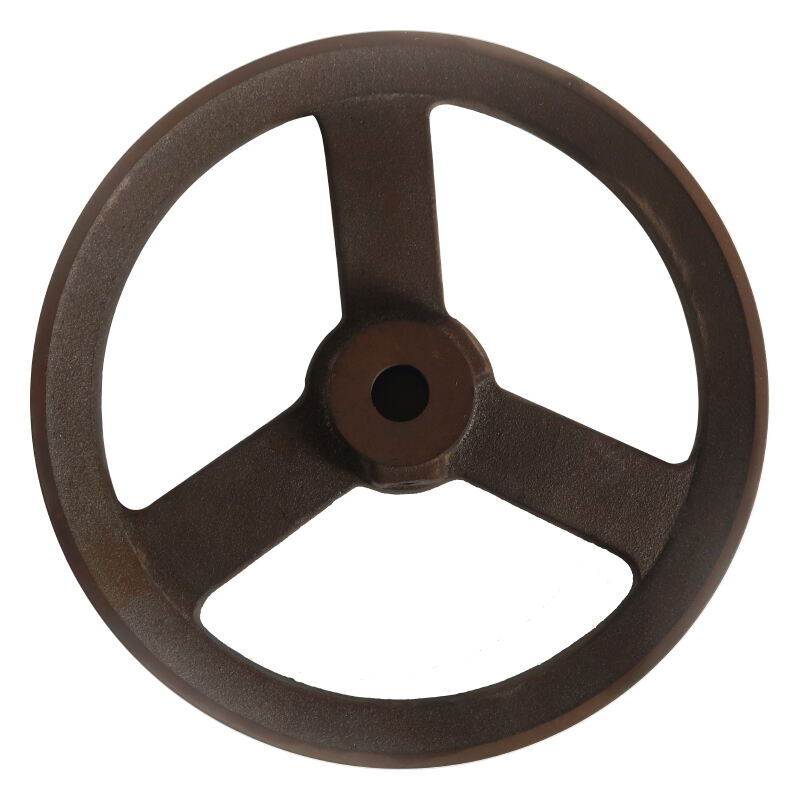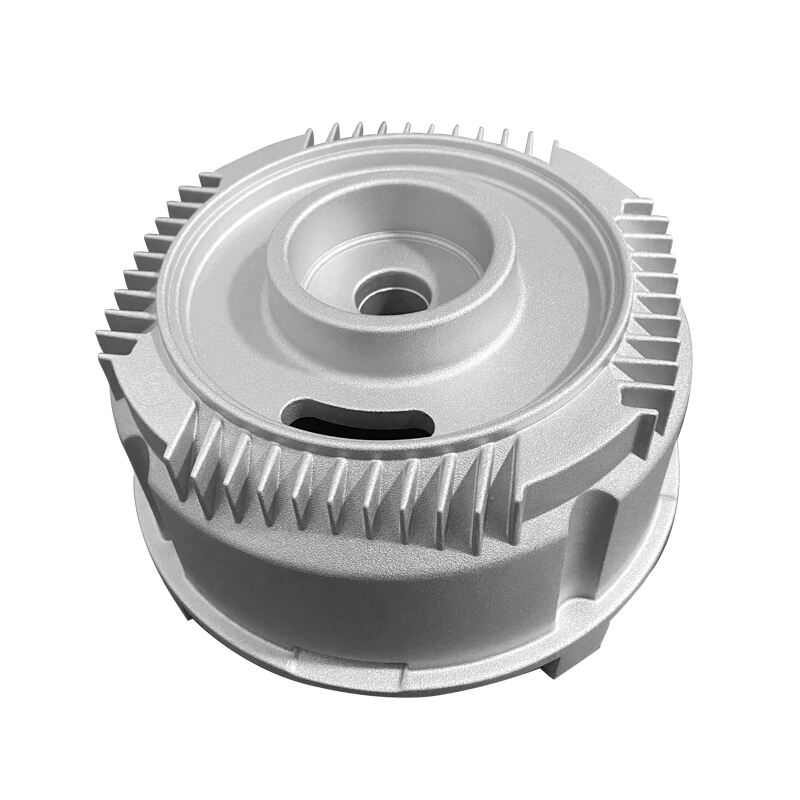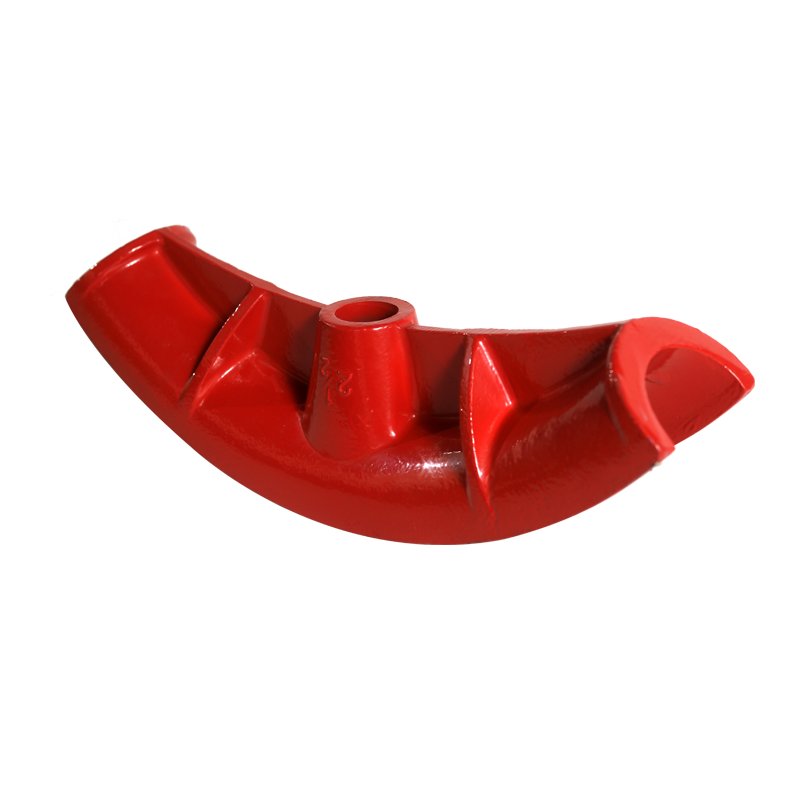precision casting parts
Precision casting parts represent a sophisticated manufacturing solution that combines accuracy, efficiency, and versatility in producing complex metal components. This advanced manufacturing process, also known as investment casting, enables the production of intricate parts with exceptional dimensional accuracy and surface finish. The process begins with creating a wax pattern that perfectly mirrors the desired final component, followed by coating it with ceramic material to form a robust mold. Once the wax is melted away, molten metal is poured into the cavity, resulting in highly detailed parts with minimal post-processing requirements. These components find extensive applications across various industries, including aerospace, automotive, medical equipment, and industrial machinery. The technology allows for the production of both small, intricate components and larger structural parts, with the ability to work with a wide range of metals and alloys. The precision casting process ensures consistent quality across production runs, maintains tight tolerances, and delivers components that meet stringent industry standards. Modern precision casting operations incorporate advanced quality control measures and automated processes to enhance reliability and repeatability.


